Summer viral infections in children – what to expect?
Summer is every child’s favorite season – a time for play, freedom, and outdoor memories! But these warm months often bring a few worries for parents: viral infections don’t take a break; on the contrary, they lurk on playgrounds, by the pool, at campsites, and even at home.
Today, we are honored to present an expert perspective from Dr. Pasha Karaivanova – a pediatric pulmonology resident at UMBAL “Aleksandrovska,” Sofia, and an active advocate for parent health education. We thank Dr. Karaivanova for her professionalism, compassion, and dedication to her young patients and their families! She is part of DrGoGo’s mission to make knowledge more accessible and care easier.

Summer Viruses: Why Do They Appear, and Which Are the Usual “Suspects”?
Many parents believe that summer is a time for health and immunity – but the truth is, some viruses love the heat even more than we do. Higher temperatures, frequent contact between children, swimming pools, and group activities create ideal conditions for the spread of summer viruses.
Which are the most common summer viral infections in children?
-
Enteroviruses (Coxsackie, ECHO):
-
Cause fatigue, stomach pain, vomiting, and diarrhea.
-
Often trigger respiratory symptoms: sore throat, cough, fever.
-
Characteristic rashes on the palms, soles, and around the mouth – the so-called “hand-foot-mouth” syndrome.
-
Some children may also develop herpangina (painful mouth ulcers and red throat).
-
Parvovirus B19:
-
Besides fatigue and joint and muscle pain, can cause bright red cheeks (“slapped cheek”), followed later by a lacy rash on the body and limbs.
-
In older children and adolescents, joint pain may appear even without a rash.
-
Noroviruses and Adenoviruses:
-
Leading causes of summer gastroenteritis, with diarrhea, vomiting, stomach discomfort, and fever.
-
Frequently lead to dehydration, especially in small children.
-
Roseola (Sixth Disease):
-
Caused by human herpesvirus types 6 and 7.
-
Presents with a sudden high fever (sometimes up to 40°C/104°F) lasting 3–5 days.
-
After the fever drops, a pink rash appears on the torso, spreading to the limbs and face. The child’s condition rapidly improves when the rash appears.
-
Herpangina:
-
Appears as a red, sore throat and mouth ulcers, making eating and drinking difficult.
-
Most common in summer and early autumn.

Symptoms – How to Recognize Them in Time?
Every infection can present differently in each child, but the most common signs are:
-
Fatigue, lethargy, loss of appetite
-
Nausea, vomiting, diarrhea
-
Abdominal or muscle pain
-
Fever – often high, sometimes hard to control
-
Dry mouth, cracked lips
-
Red, sore throat, sometimes with cough
-
Conjunctivitis – itchy, red, watery eyes
-
Headache, muscle aches, joint pain
-
Characteristic skin rashes – especially on the hands, feet, face, or torso
-
In some cases: swollen lymph nodes, lacy rash, or mouth ulcers

What Are the Risks for Young Children?
Dehydration:
Children are especially vulnerable – with prolonged vomiting, diarrhea, or high fever, they lose fluids and electrolytes much faster than adults.
Symptoms: dry skin and mouth, sunken eyes, reduced urine (dark), increased drowsiness, absence of tears when crying.
Rapid development of complications:
Because of their immature immune systems, even mild infections can progress more quickly in children – which is why careful monitoring and early medical intervention are important.
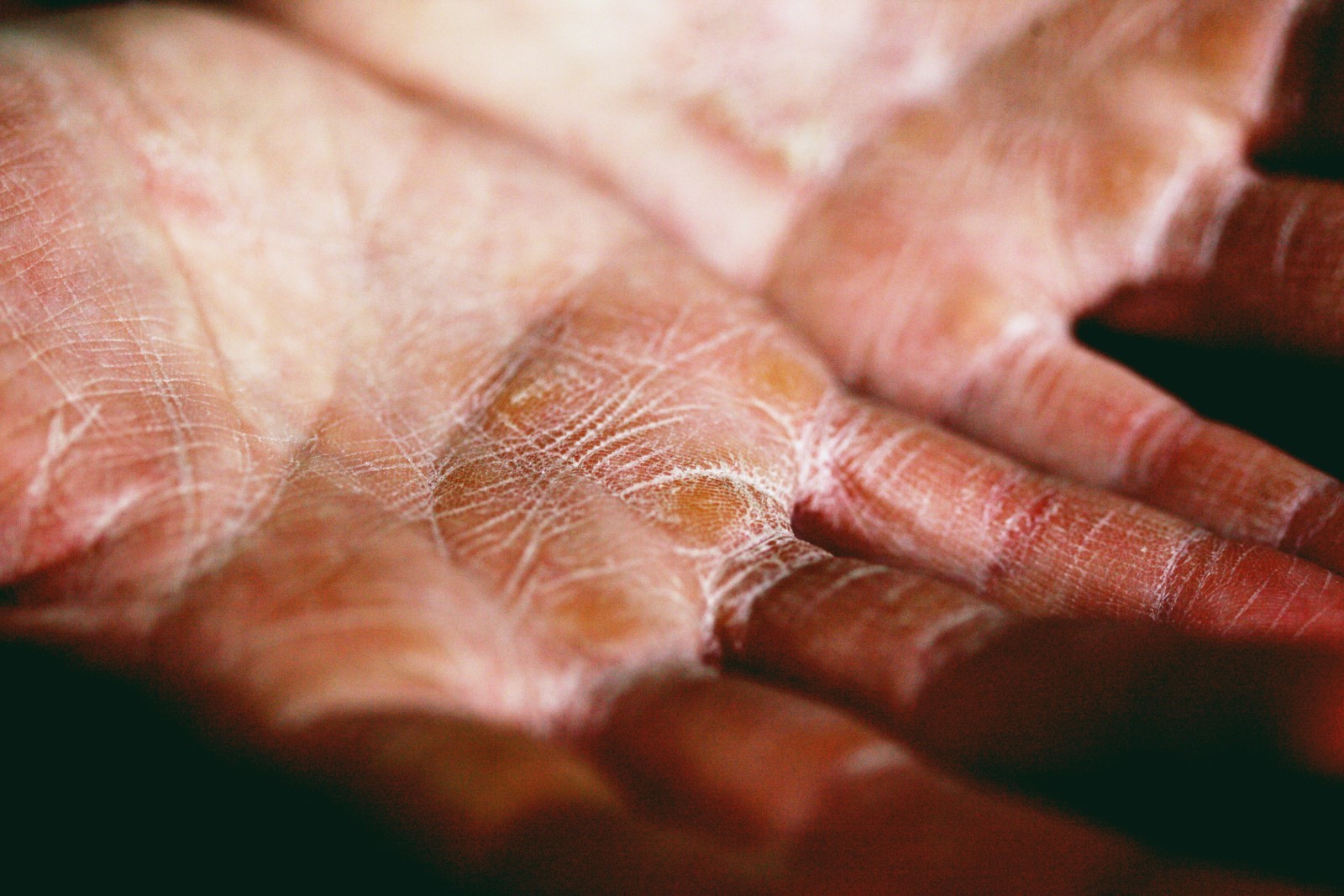
How to Care for a Sick Child at Home?
1. Hydration, hydration, hydration!
Offer small sips of water, diluted juice, oral rehydration solutions, or tea frequently.
Avoid carbonated, sugary, or very cold drinks.
2. Light, gentle food:
Toast, rice, potatoes, banana, cottage cheese, low-fat cheese.
Avoid fatty, spicy, or sweet foods. Don’t force your child to eat if they have no appetite – the important thing is to keep them drinking.
3. Relieving symptoms:
-
For pain: paracetamol or ibuprofen at the correct dose (never aspirin!)
-
Nasal sprays/drops, saline rinses
-
Sterile eye drops for conjunctivitis
-
Antihistamines for strong itching or allergic reactions (only after consulting a doctor!)
-
Oral rehydration solutions for frequent diarrhea and vomiting
4. Rest, calm, and fresh air:
Limit physical activity, provide a cool room, fresh air, and plenty of sleep.
5. Monitoring:
Watch closely for changes in condition – especially with infants, young children, or kids with chronic illnesses.

How to Reduce the Risk of Summer Viruses?
-
Hand washing – the most important prevention!
-
Limiting contact with sick people (children and adults)
-
Careful storage of food and drinks, especially during picnics, at the beach, or while traveling
-
Avoiding unwashed fruits/vegetables and untreated water
-
Balanced diet, enough sleep, and physical activity
-
Stay informed and consult a doctor promptly when symptoms appear
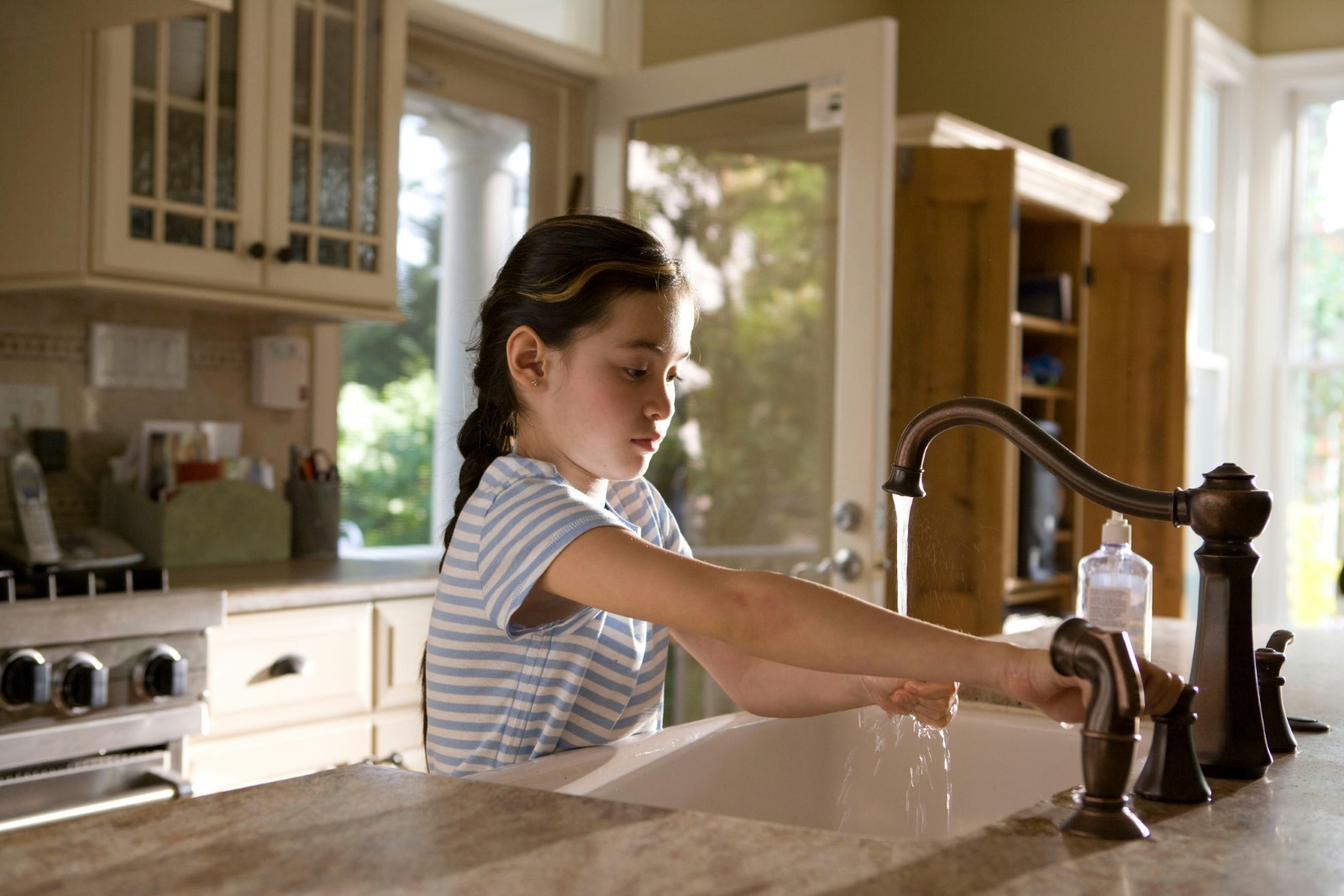
When Should We Definitely Seek Medical Help?
-
Repeated vomiting and/or diarrhea lasting more than 24 hours
-
Signs of dehydration (dry skin, sunken eyes, lack of urine, severe drowsiness, refusal to drink/eat)
-
High fever (>38.5°C/101.3°F) that does not decrease, especially if accompanied by a rash
-
Severe abdominal pain
-
Excessive drowsiness, dizziness, changes in behavior or consciousness, severe headache
-
Suspected allergic reaction or bacterial infection

Myths and Frequently Asked Parent Questions
❓ Can we completely avoid viruses in the summer?
Not entirely – but we can reduce the risk with good hygiene and proper nutrition.
❓ When should we use antibiotics?
Viral infections are NOT treated with antibiotics! They are only needed for proven bacterial infections and must be prescribed by a doctor.
❓ How do we know if a rash is dangerous?
Any rapidly spreading or unusual spot/rash (especially with fever) warrants a quick consultation with a doctor.
❓ When to limit contacts?
At the very first signs of illness – do not send your child to daycare, preschool, camp, or pool.
❓ Can my child swim if they have a mild cold?
Not recommended, especially if there is fever, cough, or lethargy.

Dr. Karaivanova and the DrGoGo team believe that knowledge and calm are parents’ strongest tools! Summer is for play, but care and observation are the best protection. If in doubt – seek a doctor, trust your instincts, and never hesitate to ask questions!
Thank you to Dr. Pasha Karaivanova for her dedication to children and for supporting families and DrGoGo.bg in the mission for accessible, human, and modern health!
Stay healthy, stay informed, and share knowledge with other parents – so we can all enjoy more carefree summers and peaceful evenings!
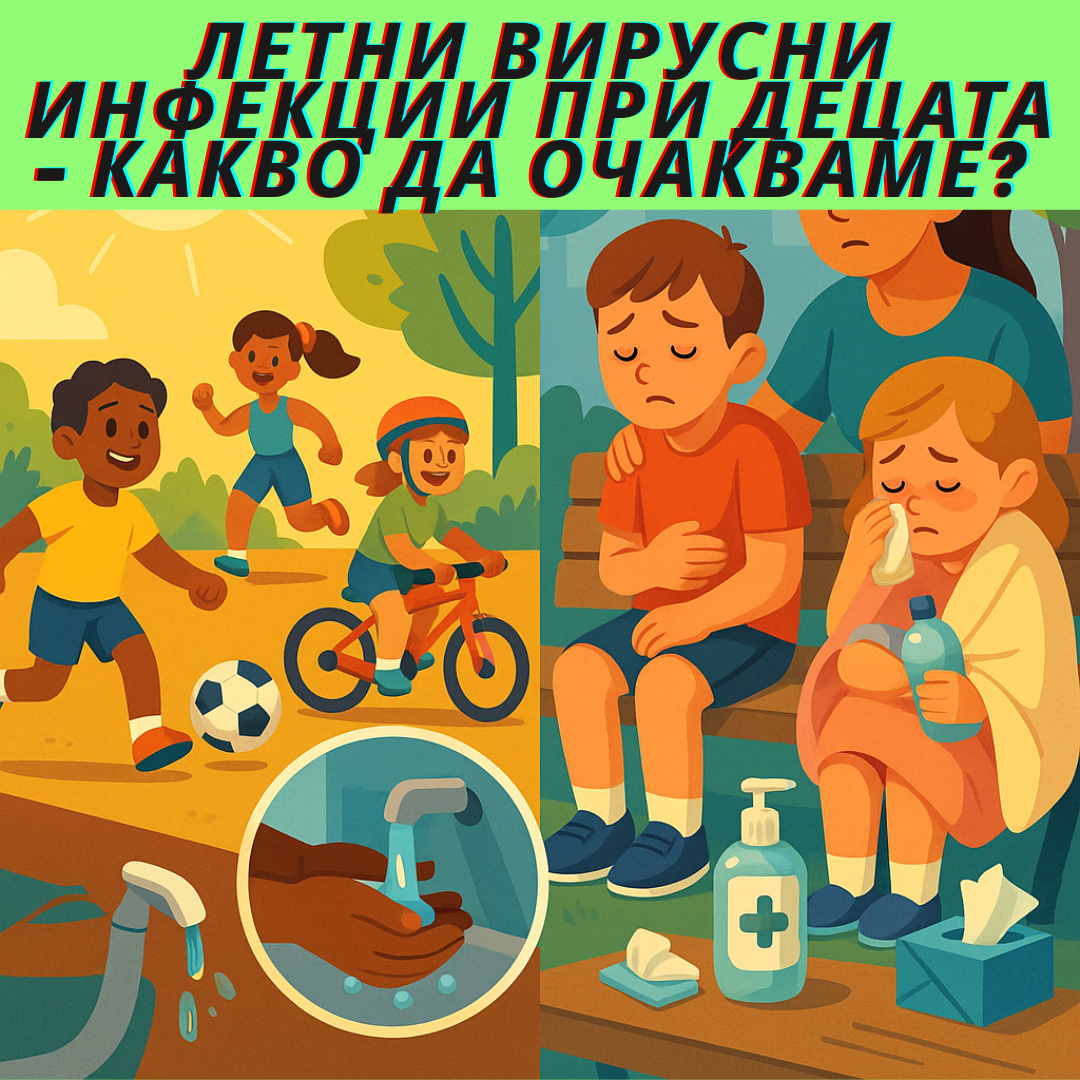
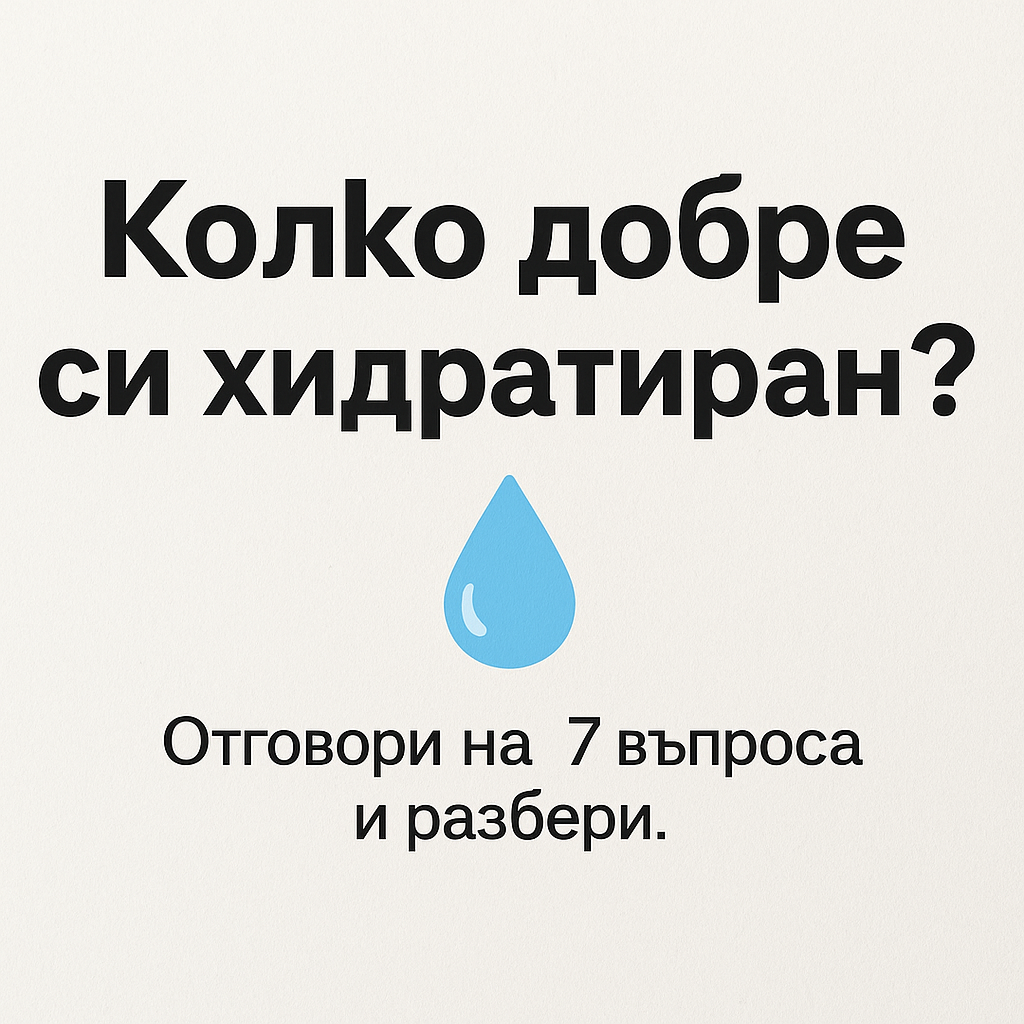

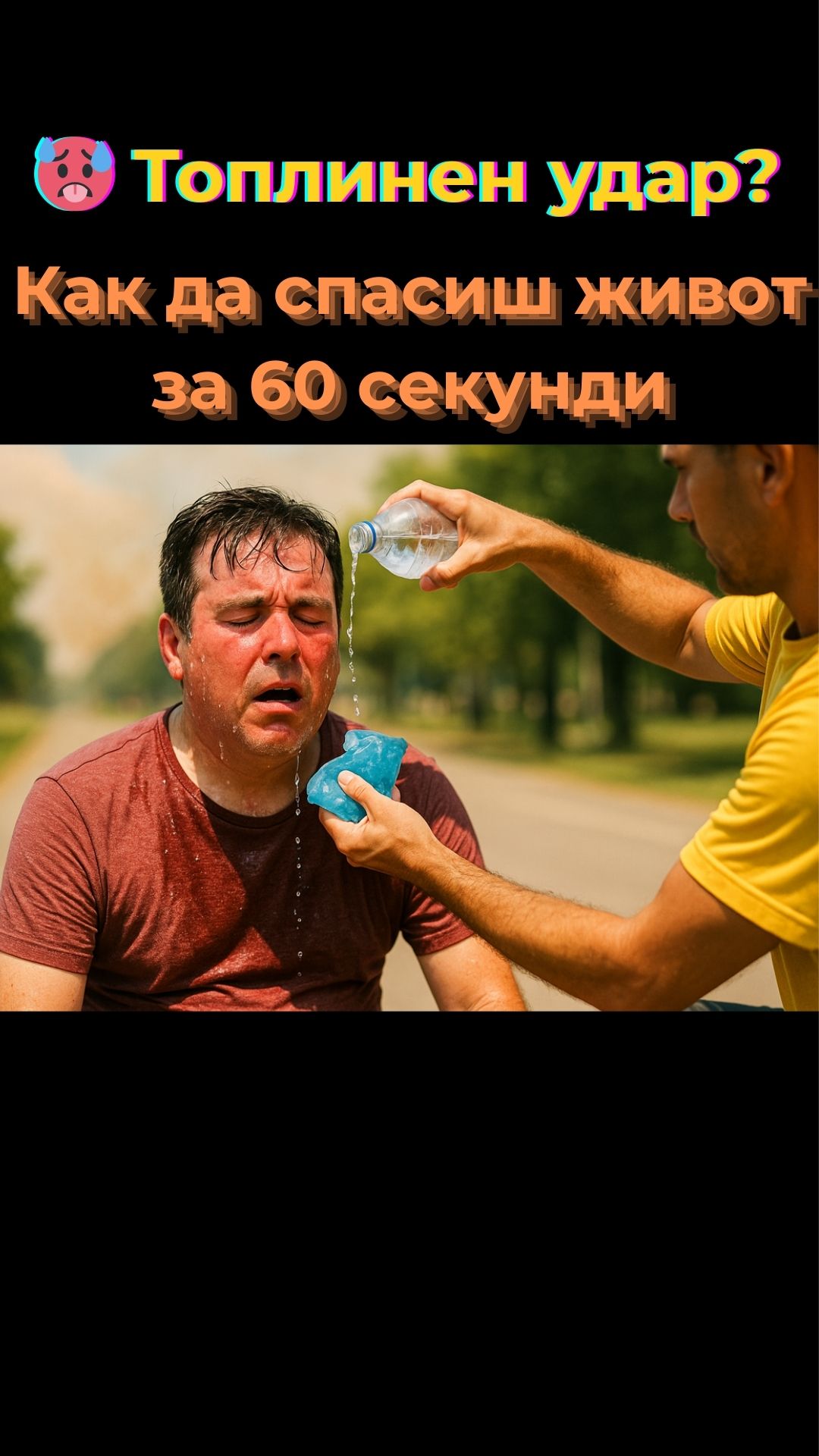
Comments